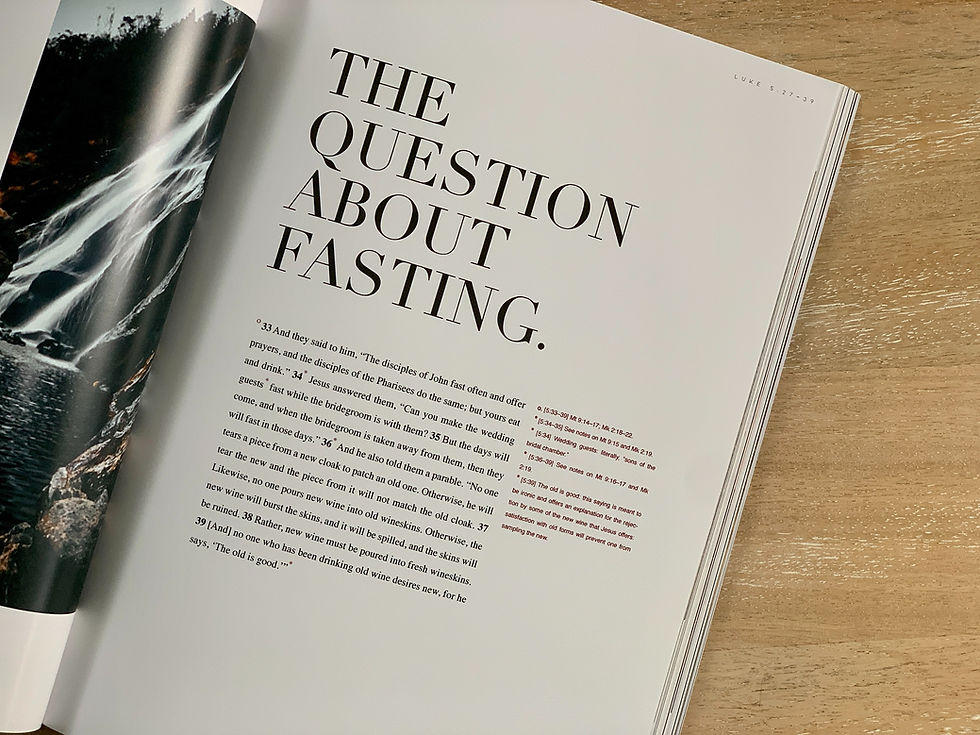Intermittent fasting has been shared and discussed a lot on social media. But what is it and does this help you to achieve your weight-loss goals?
Intermittent fasting is alleged to lead to weight-loss and have health benefits. While there is promising evidence that fasting can help our bodies repair and perhaps extend our lifespans, it might not be the best approach for losing weight, and dietitians have urged caution before cutting out meals.
Intermittent fasting is a type of time-restricted diet in which fasters leave a long gap between their last meal of one day and first of the next, compressing their meals into a shorter period during the day time. Typically, fasters try to leave a gap of around 16 hours without food and eat during an eight-hour window.
Intermittent fasting is not the only type of time-restricted diet. Others like the 5:2 diet (in which dieters eat a normal amount of food for five days before two days of eating only 25% of their usual calorie intake) focus more on the amount of food consumed, rather than the time between meals.
Rachel Clarkson, founder of London-based consultancy The DNA Dietitian says that without learning what a healthy diet looks like, people will gain weight again when they stop fasting. It is far more effective to focus on eating a balanced diet with regular meal-times. Building a healthy life-style will lead to longer lasting weight-loss results.
So, intermittent fasting might not be the right approach for people seeking weight-loss, but there might be other reasons to change your eating patterns. Fasting is linked to a process called autophagy, which is attracting a lot of interest for its potential health benefits.
Autophagy is the process by which the body starts to recycle the structures inside its cells. In doing so, the cell can remove defunct structures, freeing up new raw materials from which new cells can be built. Some of the new raw material might be used to make cell-protective proteins that might further extend the lifespan of cells. This could mean that we would live longer. So far, this research has only been conducted in animals and the long terms effects have yet to be researched.
Unlike calorie-restrictive diets (which have also been linked to longevity), the purpose of intermittent fasting is to increase the amount of time between the last meal of one day and the first of the next. In theory, this could help to promote autophagy, but concrete research on this has yet to be conducted and peer reviewed.
With a careful approach, intermittent fasting might help your body to perform its own repairs and recoveries. However, it might not be the right strategy for weight-loss, and there is no replacement for a balanced diet with regular exercise.
So let’s all enjoy healthy and balanced meals this bank holiday weekend, with lots of activity outside with friends and family.


Comments